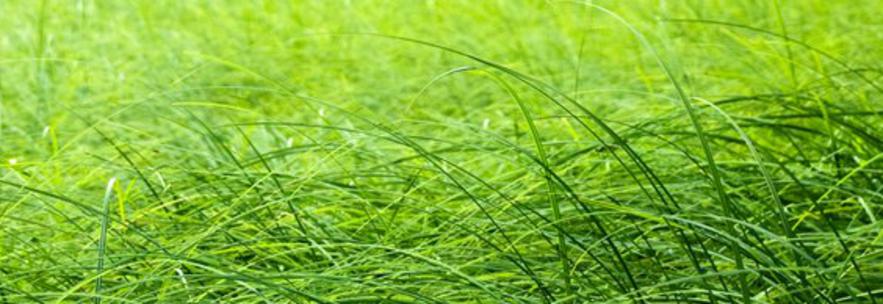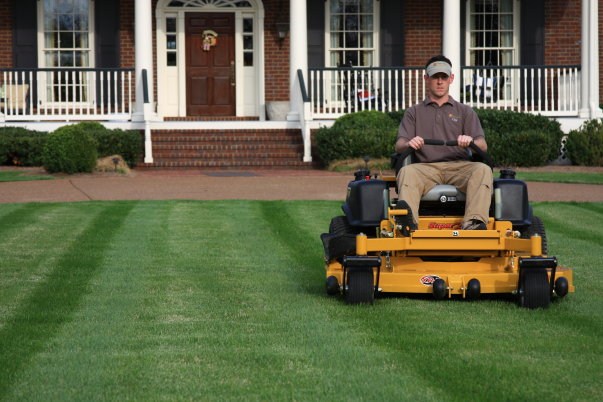Watering In The Winter Months?
by David Steg on 11/30/15
Do I Need to Water my Grass in the Winter Months?
Logic tells us that as cooler weather sets in during the winter, grasses require far less water than during the summer months. The amount of water lost through evaporation and transpiration slows considerably and the growth rate of grasses slows down as well. In South Carolina warm-season grasses such as St. Augustine, Zoysia, Bermuda, and Centipede go into a dormant stage as temperatures begin to lower. Although these warm-season grasses turn brown and appear to be dead, they are very much still alive and await warmer temperatures in the spring to begin new growth.
Since these grasses are still alive yet dormant, the question becomes "Do I need to water my lawn during the winter months?" The answer is a definite "Maybe". Irrigation during the winter months in South Carolina will not need to occur often, but there are times when supplemental water will help warm-season grasses such as St. Augustine, Zoysia, Bermuda, and Centipede survive the winter. During times of low humidity and windy conditions in the winter months, grasses are prone to drying out. If warm-season grasses dry out too much, they may be vulnerable to quick drops in temperature that may lead to a condition called winter kill.
Due to constantly changing weather conditions in the Southeast, scheduling irrigation during the winter months is almost impossible. To help better predict when to irrigate, new irrigation controllers known as "smart controllers" are helping individuals make informed decisions on when to irrigate. Smart controllers utilize weather stations or soil moisture sensors to determine when and how long to run irrigation cycles. These newest irrigation controllers take the guess work out of scheduling irrigation cycles.
Soil moisture sensors are extremely accurate in reading how moist or dry your lawn is. If the soil drys out to the point where it needs to be water, the sensor relays that information back to the irrigation controller to allow it to water the lawn. Some smart controllers use small weather stations that take recordings of the conditions around them to allow irrigation cycles to run when needed.
These newest irrigation controllers can save time and money by not wasting water and having to continually change run times due to changes in the weather. Many users have saved 20-50% of their irrigation water bill by using smart irrigation controllers that utilize soil moisture sensors or weather stations. These types of irrigation controllers keep landscapes healthier by only applying water when it is needed and by applying the proper amount. The good news is that they can pay for themselves in as little as one season due to their water saving features.
There may be times when your lawn needs irrigation during the winter months. It won't be very often, but if it does need water, smart irrigation controllers can make informed decisions on when to irrigate and how much water to apply. To learn more about the different smart irrigation controllers offered by W.P. Law Inc., check out the links below for specific product information. Save time, money, and water with smart irrigation controllers.




